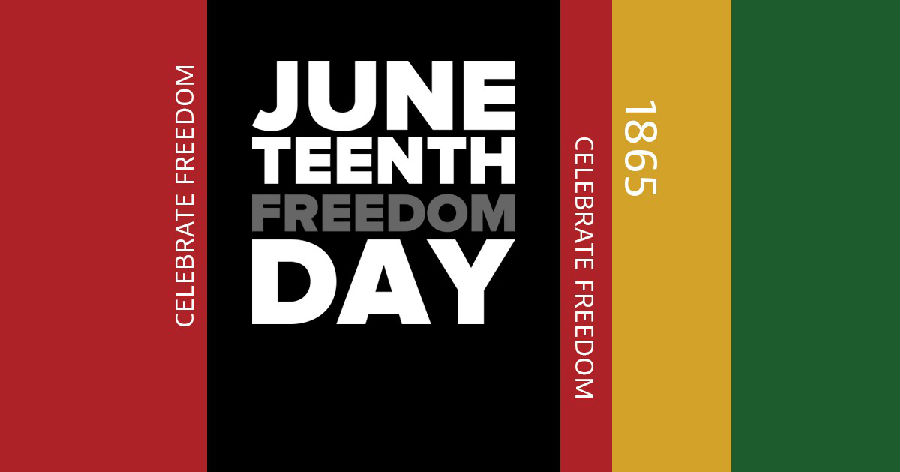JUDY WOODRUFF: Americans marked this Juneteenth holiday with marches and rallies nationwide to commemorate the emancipation of slaves in the U.S. more than a century-and-a-half ago. It was a day of celebration, and an urgent call to action. Amna Nawaz has our report.
AMNA NAWAZ: Across the country, massive gatherings on a scale many say is long overdue, from Oakland California, to Atlanta, Georgia.
DANIELLE ROBINSON, Protester: I wanted to be here amongst the people that I grew up with, in order to form some type of unity.
AMNA NAWAZ: Meanwhile, in Galveston, Texas:
MAN: District of Texas.

AMNA NAWAZ: A reading of the military order that on June 19, 1865, informed the last group of enslaved people here they were free. That was two years after President Lincoln signed the Emancipation Proclamation. President Trump has claimed credit for raising awareness of Juneteenth, after planning a rally in Tulsa, Oklahoma, home to the 1921 Tulsa massacre, in which white mobs killed hundreds of black residents. Trump postponed the rally to Saturday, and today tweeted a warning salvo to any "protesters, anarchists, agitators, looters, or lowlifes." Juneteenth is not a federal holiday, but 47 states and the District of Columbia now recognize the day as a holiday or observance. In Virginia and New York, it's now a paid holiday for state workers. And corporations from Twitter to Target, Nike to the NFL, have also made Juneteenth a paid holiday. But, as Juneteenth is remembered, history is revisited. In Washington, D.C., a monument for George Preston Marshall, the man who refused to integrate the city's professional football team, was removed. In Decatur, Georgia, cranes pulled down a 112-year-old Confederate monument. And in Brooklyn, New York, a reflection on how far the country has come.
RODNEYSE BICHOTTE, New York State Assemblywoman: For a very long time, Juneteenth was not recognized. It was not celebrated, not heavily, right? And over the course of the weeks, it took people like you, who finally heard the struggles that we have been struggling with for years in our community.
AMNA NAWAZ: As this next chapter in history is still being written. For the PBS NewsHour, I'm Amna Nawaz.













